UNI responds to allegations of free speech violations
Apr 11, 2022
The Northern Iowan article published March 3 entitled, “R(A)eality of being an RAa,” resulted in several obstacles for reporters in getting interviews with RAs. Many expressed hesitation and fear of speaking out, and a few decided to pull back from the interview process for fear of getting written up. UNI Housing and Dining (UHD) implemented a policy requiring RAs to submit their questions and responses to the Northern Iowan’s (NI) questions through their marketing department for approval in order to “accurately represent language, policies and procedures.”
In response to these concerns regarding free speech and a student’s first amendment right to speak to the press freely, the NI contacted the Foundation for Individual Rights in Education (FIRE), who sent a letter to Housing and Dining addressing these concerns. Their letter and the university’s response is published below.
FIRE’s letter to UNI:
The Foundation for Individual Rights in Education is concerned that the University of Northern Iowa has instructed student resident assistants that they must clear their communications with the media with UNI officials. This practice of prior review violates students’ fundamental First Amendment rights and stifles the student press. We request that UNI revise any policies or practices it maintains so that they make clear to RAs that they may speak with the press in their individual capacities.
Although FIRE could not locate an official UNI policy concerning RAs’ responses to media inquiries, Residence Life Coordinator Jordan Rockwell sent an email to RAs stating that they must clear “RA-themed media responses” with the “marketing team” so that the team may “address any issues.” Rockwell said this email was sent because of an anonymous survey by the Northern Iowan student newspaper.
While the university may properly regulate RAs speaking on behalf of UNI Housing and may prevent RAs from sharing information made confidential under the law, the university may not regulate students’ ability to speak with the media about their personal experiences as RAs or as students living in campus housing. Students who take employment roles at public institutions do not “relinquish First Amendment rights to comment on matters of public interest by virtue of government employment.” Instead, they retain their right to citizens on matters of public concern. This practice – requiring approval of any “RA-themed” comments to the media –threatens the expressive rights of the university’s student employees.
Requiring approval of answers to interview questions provided by RAs in their personal capacities is problematic not only because it provides UNI access to these answers prior to publication, but also because it gives the university access to journalists’ questions prior to publication. This constitutes an unconstitutional prior review in both respects. These practices allow UNI to review significant elements of a story’s content before publication. This constitutes an unconstitutional prior review.
Because information and quotes gathered through interviews often yield much of a story’s specific content, knowing the questions journalists will ask and the answers they receive gives UNI officials power to control the message. The fact that UNI will gain this advance window – and that journalists, and the RAs with whom they connect, know this – also threatens to chill the types of questions the media pose (whether because they wish to avoid disclosure to UNI before publication of an article, or out of concern about the candidness of answers by interviewees who know UNI is “listening,” or both).
Even more problematic is the university’s requirement that media relations officials approve RAs’ messages prior to the media receiving them.
This is a clear violation of the First Amendment rights of UNI students, which the university is legally bound to respect. Practices that require individuals to seek approval from officials before speaking are “offensive—not only to the values protected by the First Amendment, but to the very notion of a free society.” This is because such schemes not only chill speech about important issues of public concern, but also allow the government—here, the university—to restrict that speech.
For example, if the university were to bar an RA from sending a particular message to a journalist, that would constitute an unconstitutional prior restraint, “the most serious and the least tolerable infringement on First Amendment rights.” UNI cannot condition employees’ communication with members of the media, including student media, on an administrator’s prior approval of the message. This practice impermissibly burdens the First Amendment rights of those subject to it.
In order to justify such a prior restraint on speech by government employees, including employees of public universities, the government entity must demonstrate “reasonable ground to fear that serious evil will result if free speech is practiced[,]” that these “recited harms are real, not merely conjectural, and that the regulation will in fact alleviate these harms in a direct and material way.” In cases considering blanket prior restraints on government employee speech, courts have consistently struck down such bans as violative of the First Amendment.
Additionally, restricting student journalists’ access to RAs is a violation of the public’s right to know, for which the press is an important conduit. Courts have recognized that members of the press act as “surrogates for the public” in keeping a watchful eye on the operations of government.
Obstructing journalists’ access to UNI RAs not only violates those RAs’ expressive rights, but also restricts press freedom and impinges upon the public’s right to know about important decisions and actions made by the institution, including important matters of public concern like public safety for student residents during the COVID-19 pandemic, health and safety conditions of university housing, and other issues of public concern on campus.
Accordingly, we request that UNI create a policy and publicly clarify that the university will no longer require RAs to share media requests and responses made in their personal capacities as private citizens, provided they do not reveal information made confidential by law. We also request that UNI provide training to RAs regarding their First Amendment rights and their right to speak with the media.
We appreciate your attention to our concerns and request a response to this letter by Thursday, March 31, 2022.
Sincerely,
Sabrina Conza
Program Officer, Individual Rights Defense Program
Andrew Morse, Chief of Staff for President Mark Nook’s response:
Thank you for sharing your letter regarding the recent NI report related to resident assistants at UNI. We wish to provide the following response to the letter and recent article published by FIRE.
The University of Northern Iowa strongly values the First Amendment rights of our students and employees. University Housing & Dining does not restrict Resident Assistants from speaking to media in their personal capacities, a practice we upheld with the survey and accompanying story run by the Northern Iowan (NI). As Resident Assistants considered their responses to the NI survey, the intent of our communication was to assure students were aware of their rights to speak to the media on a personal basis while not conveying a position on behalf of University Housing & Dining. Our communication with Resident Assistants was not to prohibit a response to the NI inquiry.
Based on FIRE’s recent article on this matter, we would like to respectfully clarify that University Housing & Dining does not have policies on free speech and expression beyond the University of Northern Iowa’s Freedom of Speech and Expression / First Amendment Policy, which enjoys a green light rating by the Foundation for Individual Rights in Education. As our University continues offering training on the First Amendment rights and responsibilities of our students and employees, we appreciate the opportunity to enhance our campus community’s awareness of the protections we hold to free speech and expression.
I manage public relations for UNI, and would be happy to continue as your point of contact.
UNI then responded with the following statement, and Nicholas Rafanello. Director of Housing and Residence Life, sent an email to all Residents Assistants “reiterating what has been shared with Resident Assistants since the start of the NI inquiry,” according to Morse.
UNI’s Statement
University Housing and Dining proactively supports and protects the First Amendment rights of Resident Assistants. As the Northern Iowan survey was distributed to Resident Assistants, some RAs approached Residence Life Coordinators about participating. To assure all Resident Assistants understood their rights, Residence Life Coordinators held staff meetings with RAs to affirm their right to speak to the media as private citizens. In addition, University Housing and Dining issued a written notice on Tuesday, March 29, 2022, to Resident Assistants reiterating their rights under the First Amendment. We continue to value opportunities to assure Resident Assistants—as with all UNI students and employees—understand the protections afforded under the First Amendment.

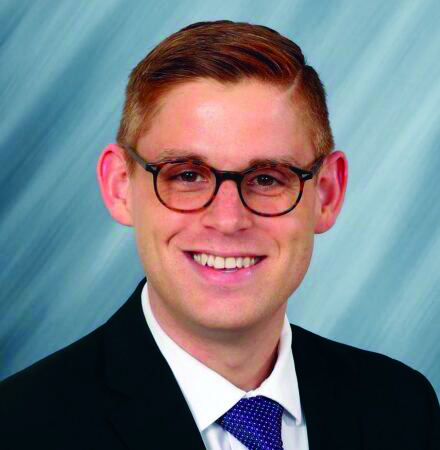
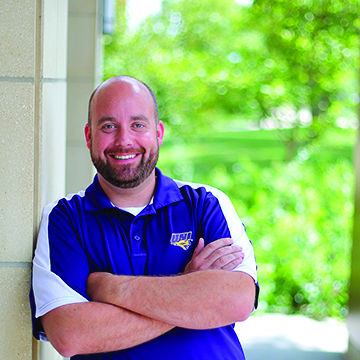
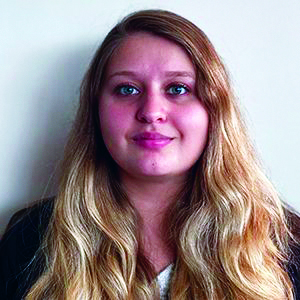
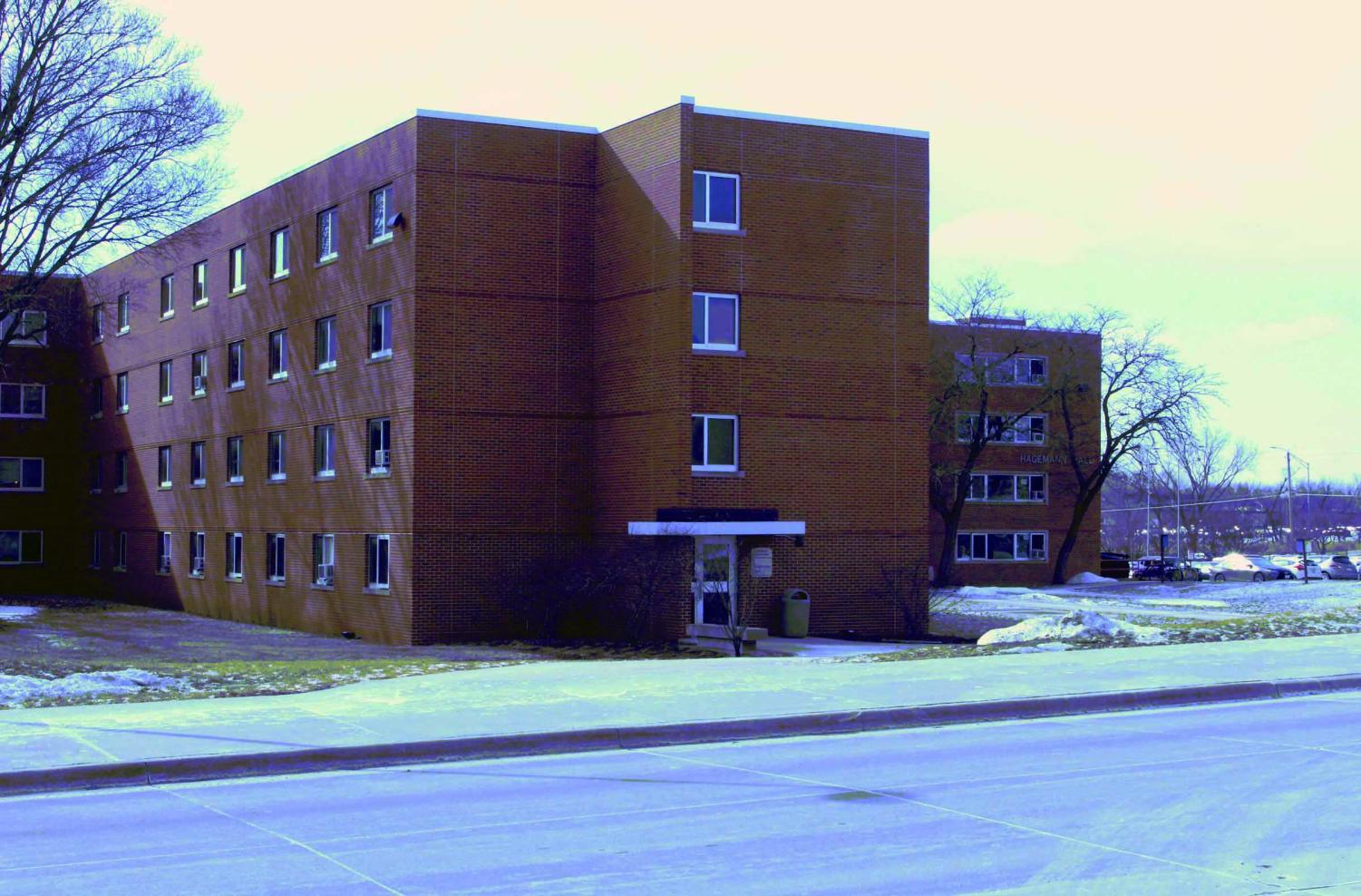
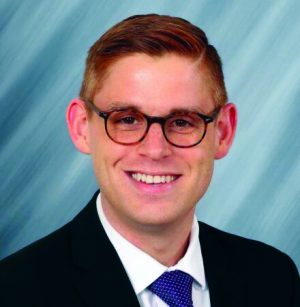
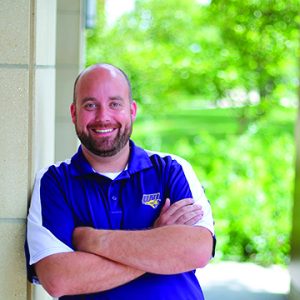
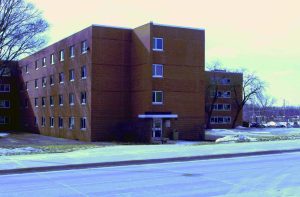
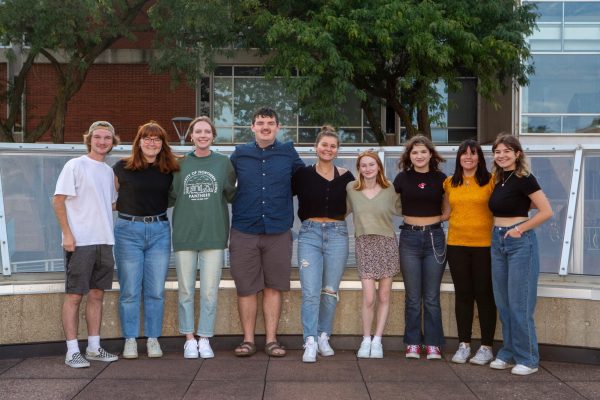
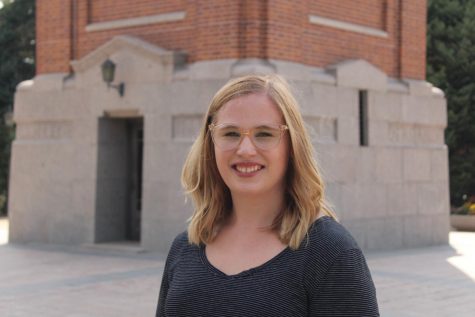












Glenn • Apr 15, 2022 at 2:17 pm
Speaking as a university employee of 41 years, university employees choose to not speak, speak falsehoods, and/or speak on condition of anonymity because “harms are real.”